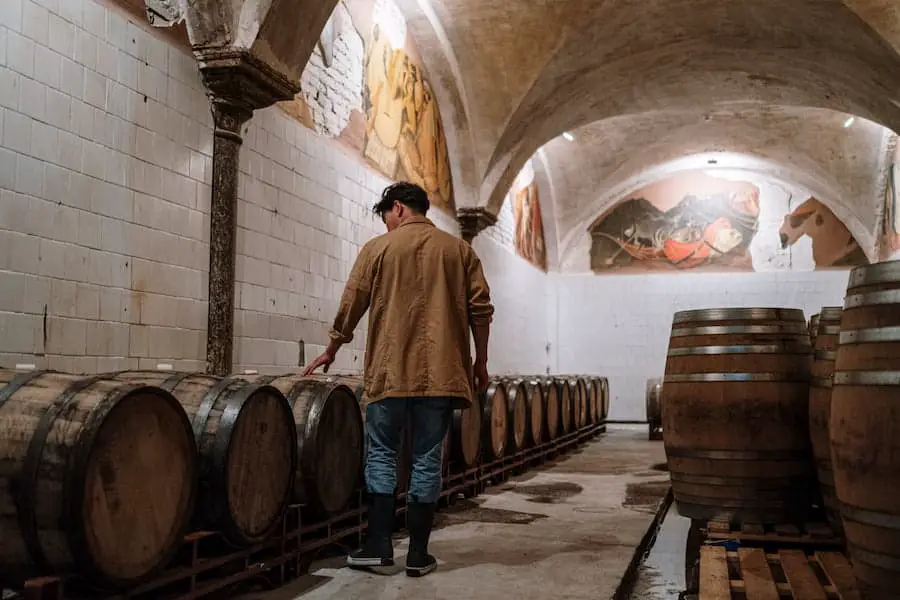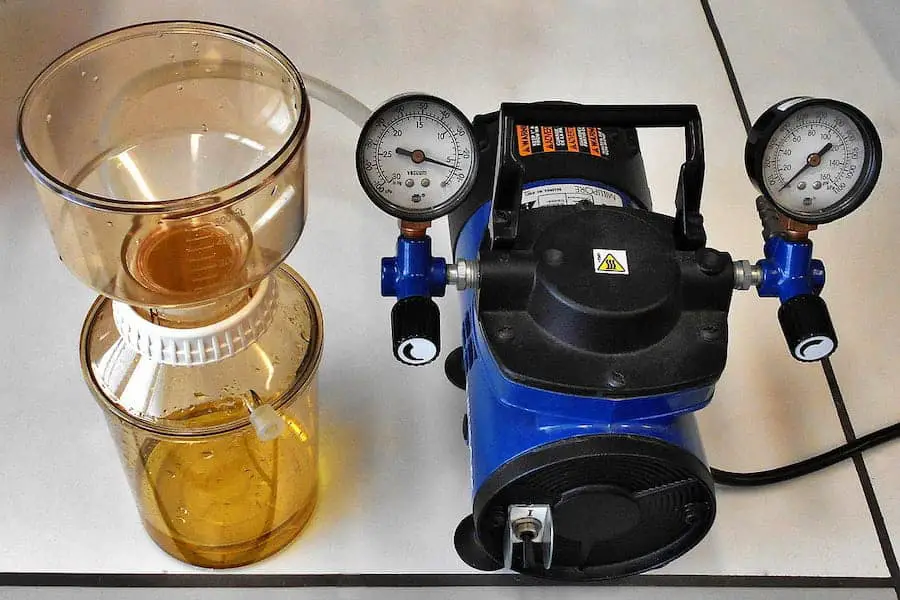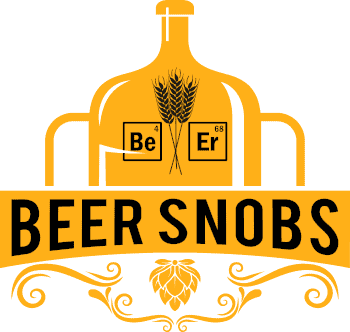If you buy something through a link in our posts, we may get a small share of the sale.
Filtering your beer is an essential part of the brewing process, and it can make a big difference in the taste, clarity, and overall quality of your beer. So, can one filter beer before bottling? Read on to learn more about beer filtration and how it can improve your beer.
Contents
Can I Filter My Beer Before Bottling?
Yes, you can filter your beer before bottling; however, it is not recommended. The main reason you should avoid it is to improve the taste, clarity, and overall quality of your beer. The yeast required for carbonation is still present in the beer at bottling time, and filtering before bottling can remove some of this yeast. This can lead to a less carbonated beer and a beer with less flavor and aroma.
Many brewers filter their beer after bottling to avoid these problems. Beer filtration is a process that removes yeast, bacteria, and other particulates from the beer, resulting in a clearer, smoother, and more flavorful beer.
To reduce sediments from your beer, ensure the primary fermentation is complete before filtering. Then, let the beer settle for a few days to allow the sediments to settle to the bottom of the ferment. Chilling it will also help sediments to fall out of suspension and settle to the bottom. Once the beer is clear, you can then bottle it without filtering and avoid removing any flavors or aromas.
How to Bottle Your Beer Without Filtering
Beer can be filtered before bottling; however, it is not recommended. There are other avenues you can explore to reduce sediments in your beer. The following are some ways to bottle your beer without filtering:

Ensure the Primary Fermentation Is Complete
The first thing you need is to let the primary fermentation be complete. This will help to reduce the number of sediments that end up in your beer. Once it is complete, the yeast will have had a chance to eat up most of the sugar in the wort.
Therefore, the beer will be more stable, and there will be less sediment. You can check if the fermentation is complete by taking a gravity reading. If the gravity is stable for three days, then this fermentation is probably complete.
Let the Beer Settle
After the primary fermentation, you need to let the beer settle for a few days. This will allow sediments to settle to the bottom of the ferment. You don’t want to bottle your beer too soon after primary fermentation because sediments will still be in suspension and can end up in the bottles.
Use a Siphon
When bottling your beer, you need to be careful not to disturb the sediments at the bottom of the ferment. One way to do this is to use a siphon. A siphon is a tube that you can use to transfer the beer from the ferment to the bottling bucket without disturbing the sediments.
This is an excellent method to use regardless of whether you filter your beer. It is one of the best ways to avoid sediments in your beer and will help to keep your beer clear.
Chill the Beer
Chilling the beer is another good way to reduce sediments. This is because sediments are less likely to stay in suspension when the beer is cold. The sediments will fall out of suspension and settle to the bottom when you chill the beer.
You can let the beer chill naturally or place it in a fridge for a few hours. Either way, you need to be careful not to chill the beer too much. If you do, the yeast will go into hibernation, and you won’t be able to carbonate your beer.

Use a Clarifying Agent
A clarifying agent is a substance you add to the beer that will help remove sediments. The most common clarifying agent used in brewing is Irish moss. It is a type of seaweed that is rich in carrageenan.
Carrageenan is a substance that helps to bind sediments together. This makes them larger and heavier to easily settle out of the beer. You only need to use a small amount of Irish moss in your beer to get good results. Always read the instructions on the packet to ensure you use the right amount.
Frequently Asked Questions
Is Cloudy Homebrew Ok to Drink?
Cloudy beer is okay to drink. The main reason brewers filter their beer is to improve their appearance. Cloudy beer is perfectly safe to drink and will not harm you in any way.
Should You Filter Wort Before Fermentation?
Yes, you should filter wort before fermentation. This will keep the hops and other solids out of the ferment. However, it is not necessary, and many brewers don’t bother. The wort will clear up during fermentation. A mash-out can help your clarify the wort during the brewing process.
Conclusion
Bottling your beer without filtering is perfectly possible. You don’t need to filter your beer unless you want to improve your appearance. There are several ways you can bottle your beer without filtering, and some of them will also help to improve the clarity of your beer.

